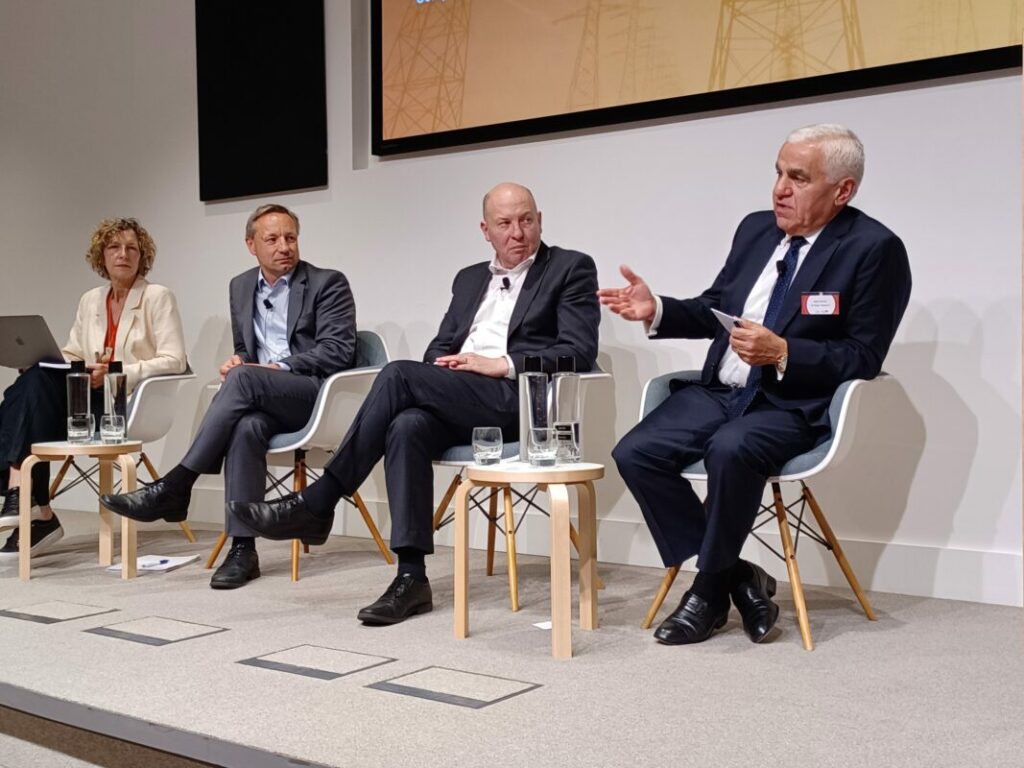UK Power Networks (UKPN) has announced the launch of the “nation’s first” independent Distribution System Operator (DSO).
The new DSO aims to ensure that enough electricity capacity exists across London, the East and South East as the uptake of electric vehicles (EVs), heat pumps and other methods of renewable energy generation increases.
At present the distribution network operator (DNO), UKPN, has 7.4GW of renewable energy connected to its network, this will increase significantly as it prepares for 2.6 million EVs (from the current 450,000) in its regions by 2028.
“We are in a massive transition across the country and that means a lot of really big stuff is being built. We’ve talked about transmission assets, we’ve talked about big offshore wind farms happening but the same is happening locally and we need to make sure we have an integrated plan,” said Jonathan Brearly, Ofgem CEO.
“At the heart of this is DSOs and it’s great to see UK Power Networks leading the way. I’m really hoping that the DNOs make sure they are developing compelling and ambitious plans in terms of their version of the DSO model, but ultimately we will look nationally, pick out the best bits and make sure we have a system that functions for this massive transmission that we’re on.”
Basil Scarsella, CEO of UK Power Networks, said: “The DSO marks the start of a new era for electricity networks across the UK. We are pleased to be leading the way in supporting the energy transition through the launch of our DSO. It is an independent, legally-separate entity, which we are confident will bring savings to customers, inform our network investment decisions in the most cost-efficient way and help the facilitate the transition to Net Zero.”
The launch follows UKPN’s DSO awarding over 1GW of flexibility contracts to providers so as to provide a flexibility requirement of 426MW.

Growth in the number of UK renewable energy generation sources paired with an increase in behind-the-meter flexibility activity has developed a more complex energy system resulting in some operational difficulties for Distribution Network Operators (DNOs).
To manage the larger volumes of data they receive and gain in-depth performance insights, DNOs may look at transitioning into a system operator role, becoming Distribution System Operators (DSOs).






